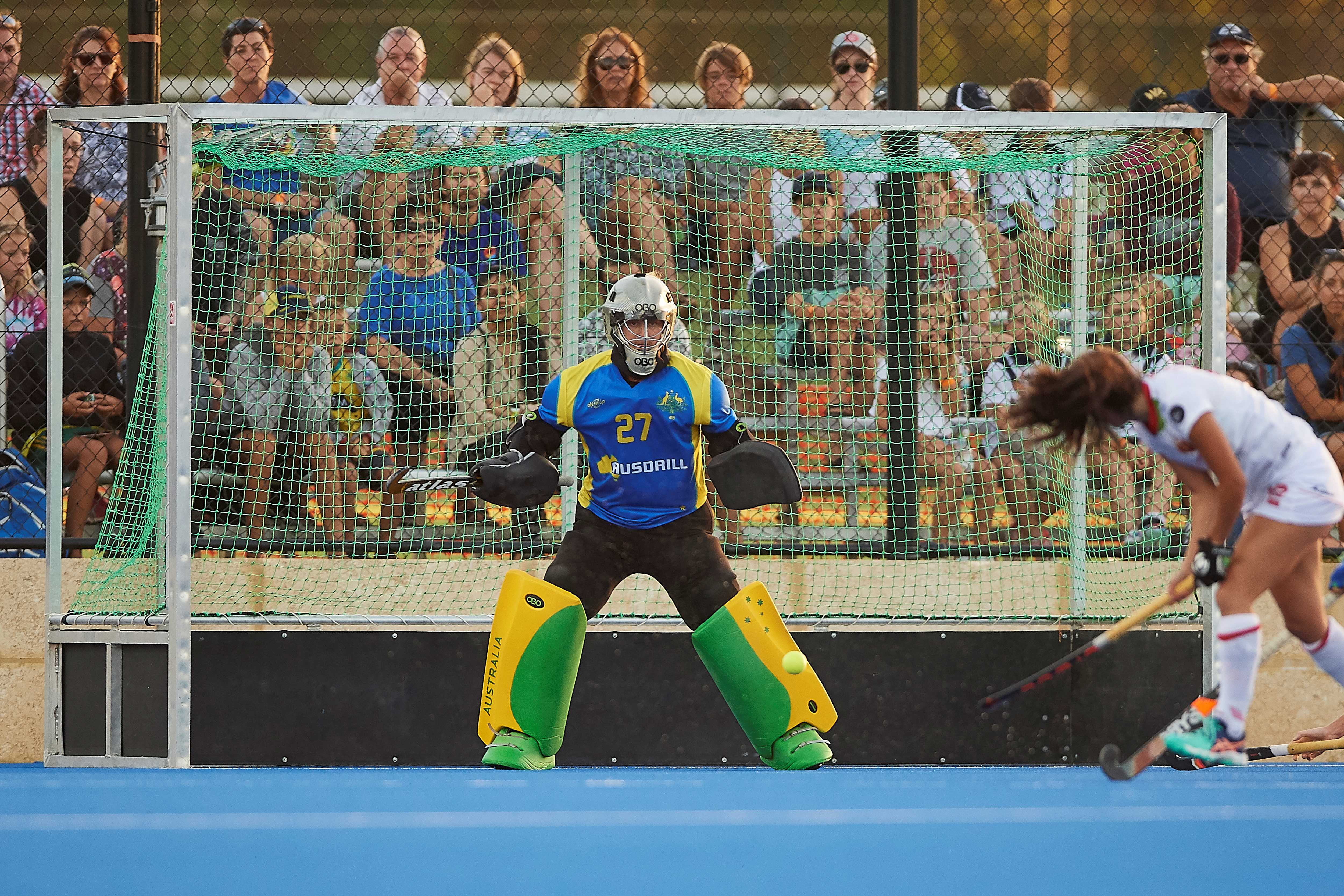22 July 2024
The Australian Institute of Sport (AIS) believes it is important that athletes are equipped with the knowledge and tools to help them have a long and healthy sporting career.
This is why the AIS Concussion and Brain Health Position Statement 2024 has been expanded to provide information and resources for female athletes and para-athletes and athletes with disabilities.
A suite of resources has been designed to provide an athlete’s voice on concussion in sport, with athletes also sharing their personal experience of concussion.
Dual Olympian and Commonwealth Games gold medallist Rachael Lynch OAM, 37, is the most capped Hockeyroo goalkeeper in history, yet her wealth of experience wasn't enough to shield her from concussion.
Despite her 230+ games for Australia, the Melbourne-born remembers a scary incident from the 2014 Women’s Hockey World Cup in The Hauge like it was yesterday.
"I came out and did a slide tackle with a player. I got the ball, but the player kept going and kneed me in the head, making my helmet come off."
Lynch said she continued to play the remainder of the game despite feeling the early signs of concussion.
"My role as a goalkeeper is to call out penalty corners - we have four words that we use to call the different variations.
"At halftime I remember coming off and having to ask the other goalkeeper what they were because I had completely forgotten."

In hindsight, Lynch, who is a Registered Nurse, admitted she should have known better and warned others about the dangers of not speaking up when experiencing any concussion symptoms.
"I know I should have flagged it with our physio and doctor, but I was caught up in the moment of the game and didn’t say anything.
"With any sport, people are so competitive, and I think the adrenalin of the moment can sometimes impair your willingness to raise issues.
"I think as an athlete, understanding the long-term effects that can come from what you might feel is an innocuous incident and reporting it to a professional is really important."
To learn more about the AIS Concussion and Brain Health Position Statement and access the online resources, visit www.concussioninsport.gov.au